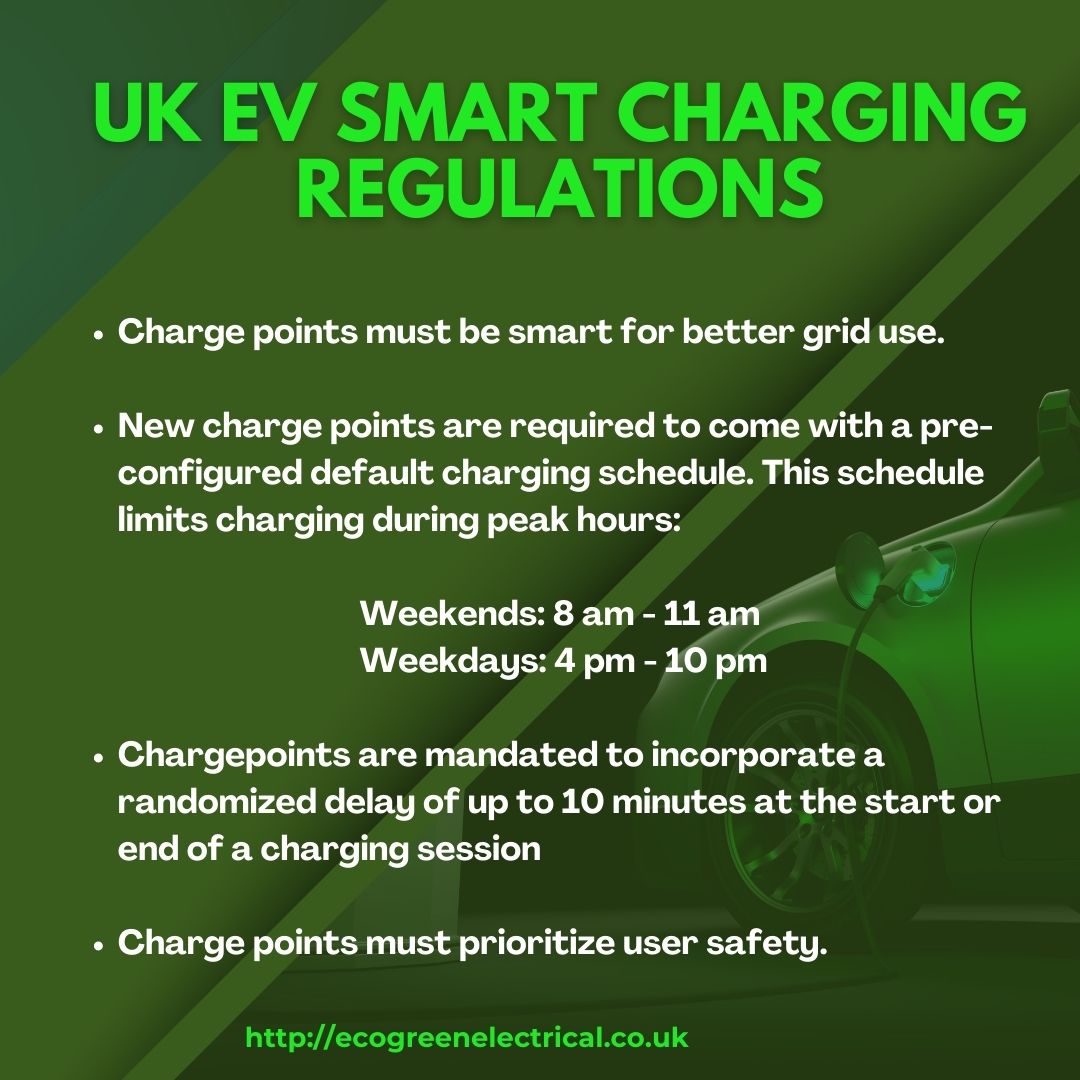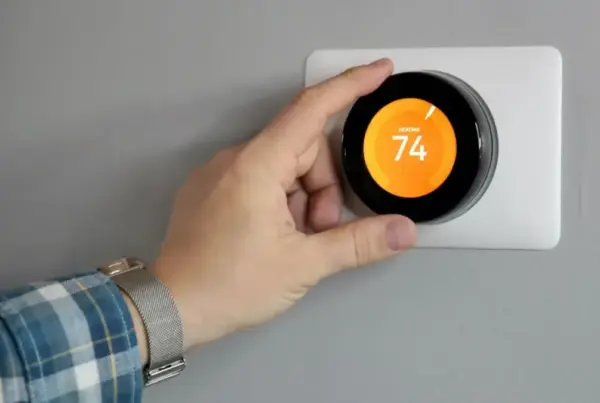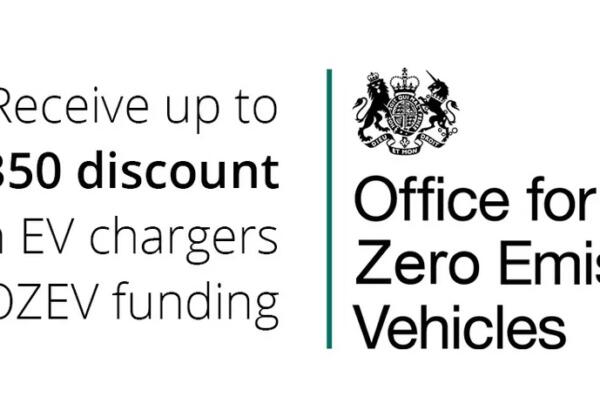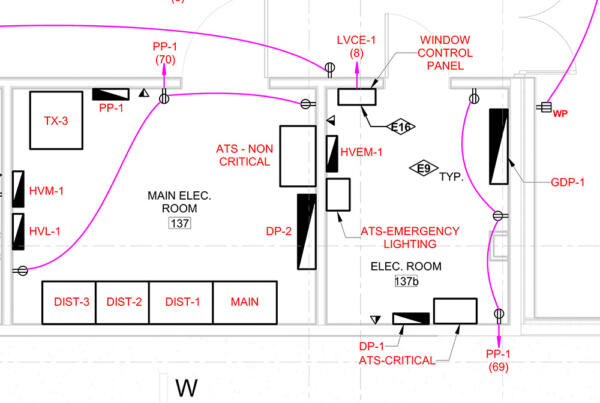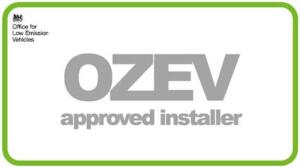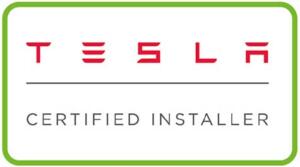UK EV Smart Charging Regulations
The transition to electric vehicles (EVs) is accelerating in the UK, with over 650,000 battery electric cars now on British roads. As EV adoption grows, charging infrastructure must expand rapidly to meet demand. Smart charging technology will be essential for optimising charging speed, costs and grid integration.
The UK government has implemented new regulations and proposals to facilitate smart EV charging nationwide. This guide explores the key policies and requirements shaping the future of EV charging in the UK.
What is Smart Charging?
Smart charging systems allow dynamic, optimised EV charging by communicating with the grid, the car and charge point operator. This enables flexible charging timed for off-peak periods and scaled to avoid overloading local networks.
Smart charging can also facilitate vehicle-to-grid (V2G) integration, using EV batteries as temporary energy storage. With two-way communication, power can flow both to and from the vehicle battery.
The EV Smart Charging Plan
In July 2022, the Department for Transport published an Electric Vehicle Smart Charging Action Plan laying out goals for mandating smart features in a home and public chargers across the UK.
The plan calls for all home and workplace chargers installed after June 2025 to have smart functionality. By 2030, the requirement expands to retrofitting smart capabilities onto existing private chargers.
Additionally, all publicly accessible chargers installed after 2025 must have smart features, extending to the full public network by 2030. Overall, the UK aims to achieve 100% smart charging capability by the start of the 2030s.
Smart Charging Mandates
Effective on June 30, 2022, the regulations introduce several essential components to newly installed charge points:
- Default Charge Schedule:
New charge points will be equipped with a pre-configured default charging schedule. This schedule is calibrated to exclusively charge EVs during off-peak hours:
- 8 am – 11 am on weekends
- 4 pm – 10 pm on weekdays.
This arrangement has dual benefits; it can optimize charging costs for users on “Time of Use” tariffs and alleviate grid strain during peak demand periods.
- Randomised Delay:
In connection with the default charge schedule, charge points are required to implement a random delay of up to 10 minutes for the commencement or conclusion of a charging session.
- Smart Capabilities:
Publicly available chargers installed after 2025 must have smart capabilities. Existing public stations must add smart features when replaced or upgraded.
- Integration Through Retrofits
By 2030, all existing residential and workplace chargers must integrate smart technology through retrofits. The same requirement takes effect for public chargers in 2035.
Other Smart Regulations
The mandated smart chargers must include certain connectivity and controllability features:
- Enhanced Smart Functionality: It enables EV drivers to charge their vehicles during periods of reduced grid demand or when a surplus of clean energy is accessible.
- Demand-Side Response Services: Chargepoints are now designed to dynamically adapt their charging rate or defer charging in response to external signals. This technological leap enables energy companies to provide value-added services, such as variable rate electricity pricing, during times of lower demand.
- Electricity Supplier Interoperability: This aspect ensures that smart functionality remains intact even if the user switches to a different electricity provider.
- Emphasis on Safety Features: Users should not be able to carry out any operation that risks their or someone else’s health and safety.
EV Smart Charging Incentives
The UK government has introduced the Electric Vehicle Smart Charging Action Plan, a collaborative effort between the Department for Business, Energy & Industrial Strategy and Ofgem.
Goal: Smart charging will become the preferred long-duration EV charging method by 2025.
Smart charging leverages energy data and innovative technology for consumer benefits:
- Charges EVs during cost-effective or cleaner electricity periods.
- Enables EVs to contribute power to homes.
- High-mileage EV drivers could save up to £1,000 annually.
£16 million allocated from the Net Zero Innovation Portfolio to support smart charging projects:
- Innovative technologies like smart street lampposts charging EVs and feeding power back to the grid.
- Focuses on integrating household appliances like heat pumps and EV chargers into a smarter energy system.
- Emphasis on public information and consumer service standards for great smart charging adoption.
Continued Momentum in 2024
The UK government aims to maintain momentum on smart charging in 2024 and beyond. New proposals would require that all private wall chargers have smart features and all new homes must include smart charger cabling.
Additional funding for smart motorway charging trials and R&D is also planned. Moreover, stakeholder consultations will help shape further standards and guidance to govern smart charging rollouts through 2030. Thus, the regulatory environment continues evolving rapidly to keep pace with UK EV adoption and charging demands.

